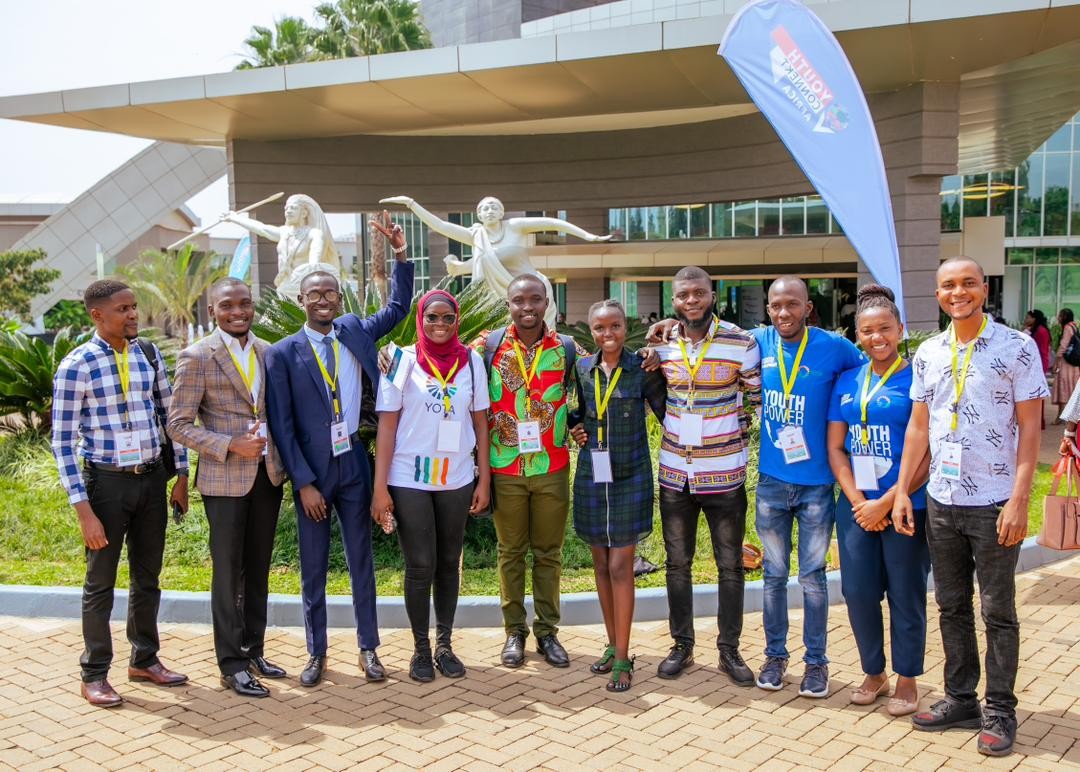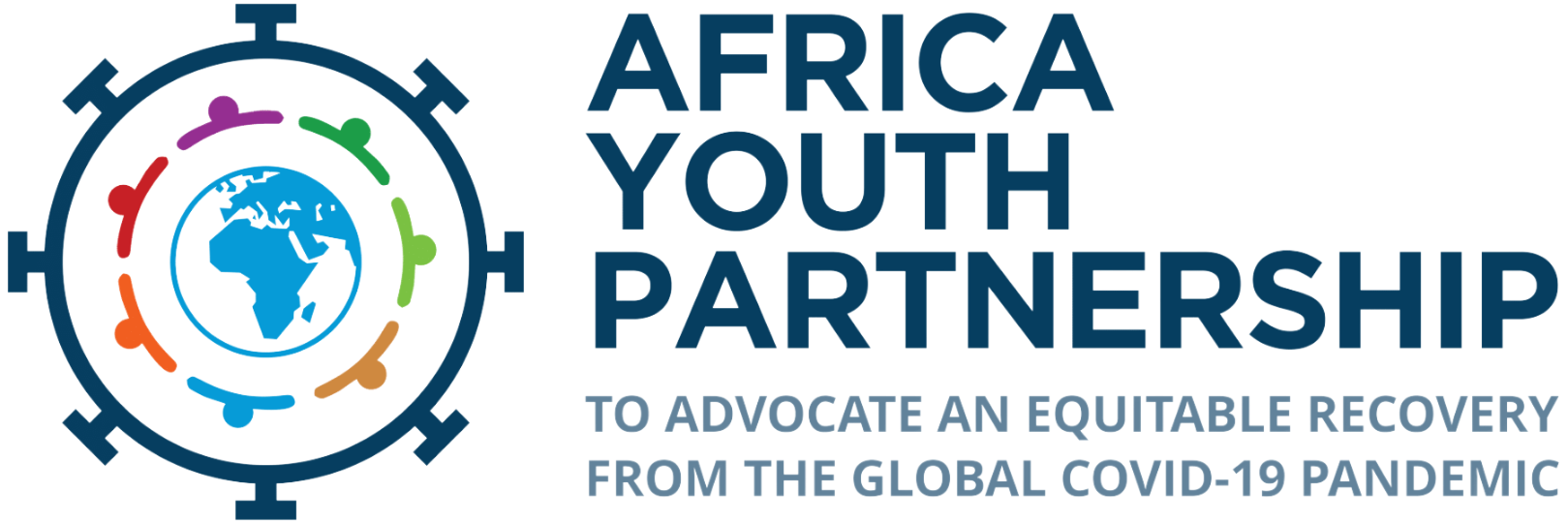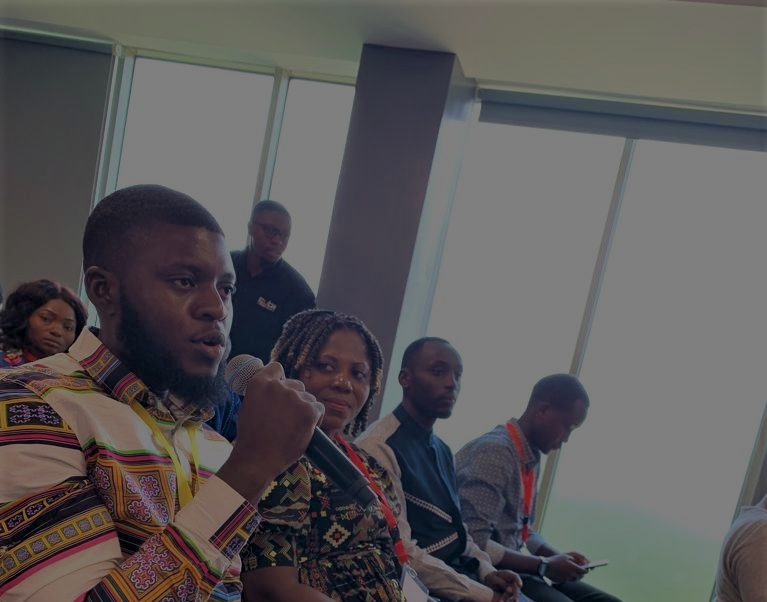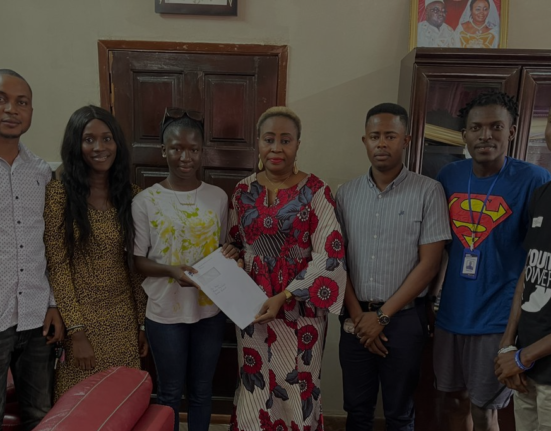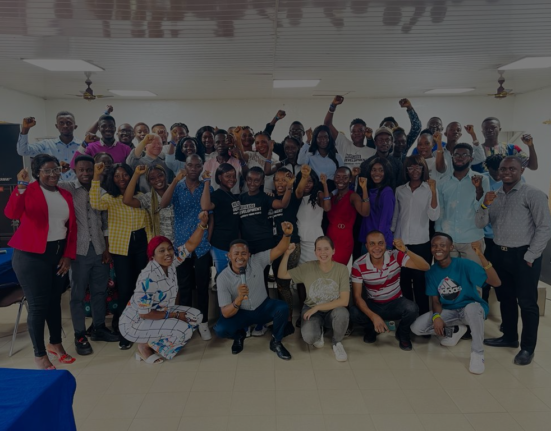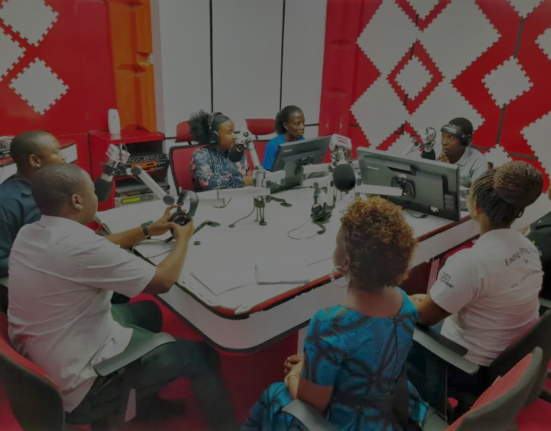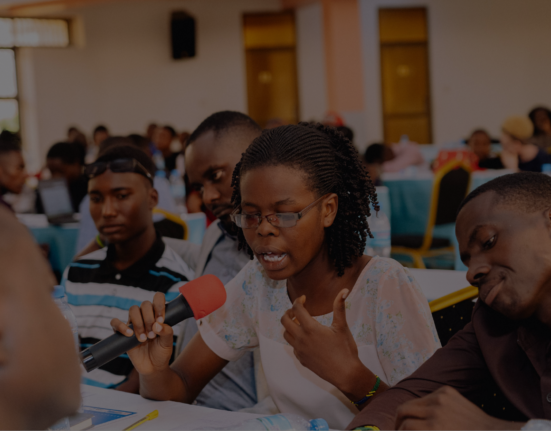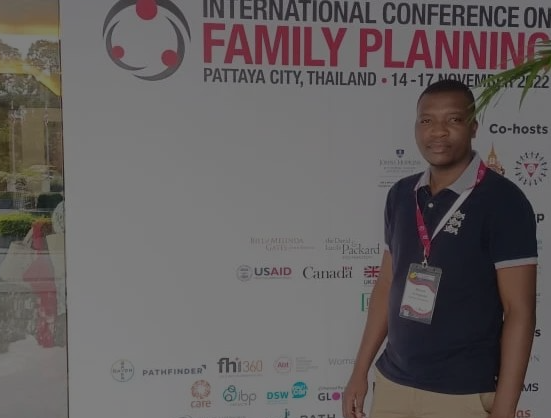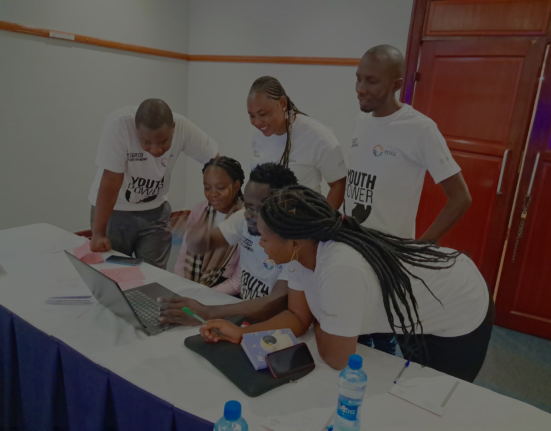The moment I stepped into the Kigali International Airport I said to myself “Oh what a beautiful airport they’ve got.” I met the immigration officers and told them the purpose of my visit to Kigali, Rwanda and it was a seamless process. I immediately located the YouthConnekt Africa Summit representatives at the airport and I was given the necessary assistance to Lemigo Hotel. I found the city of Kigali to be so colourful, neat, organised and serene. Oh I love this city. I also realised Kigali has a pleasant weather.
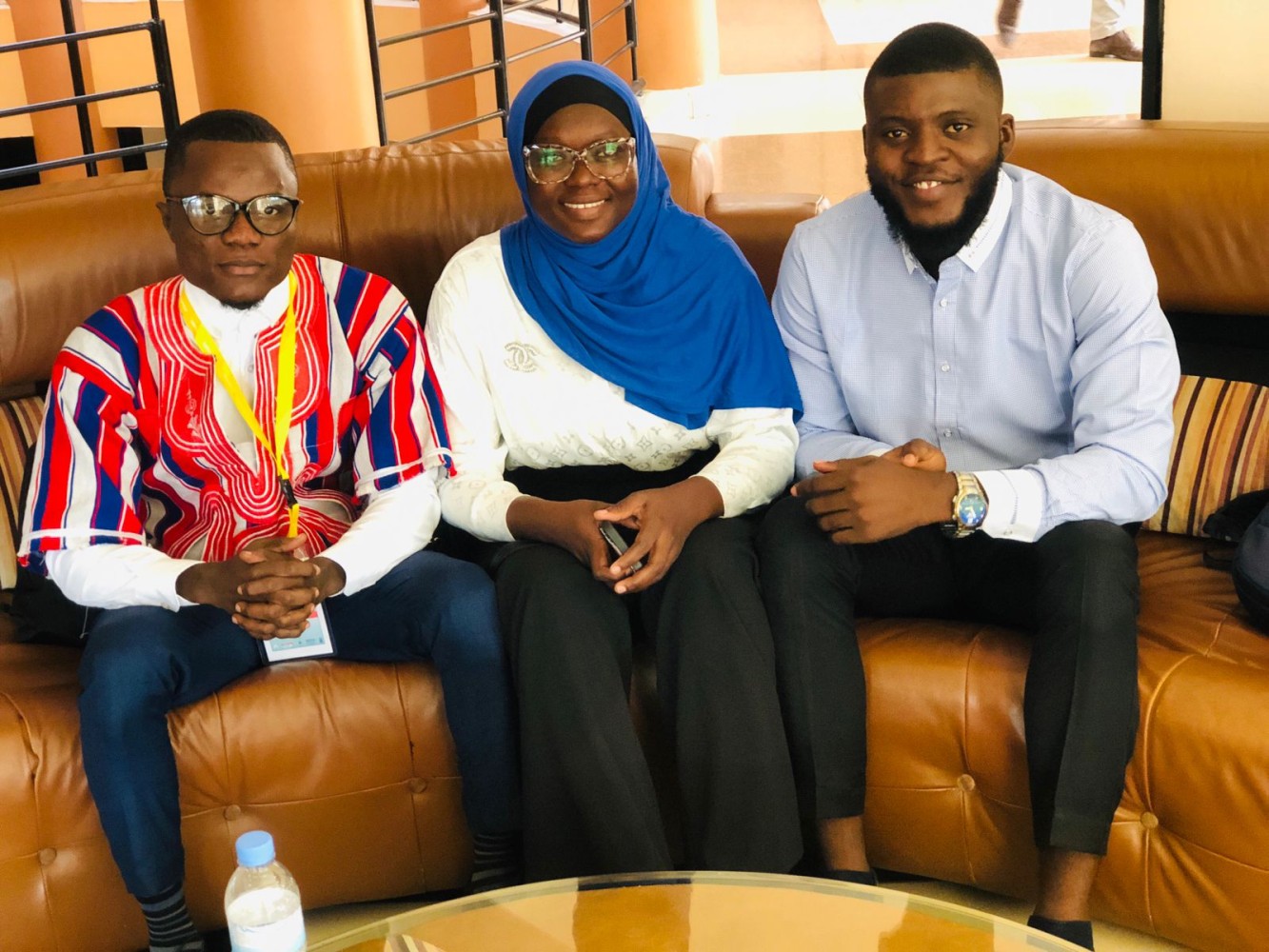
The opening ceremony of the YouthConnekt Africa Summit was indeed a memorable event at the BK ARENA in Kigali, where youth delegates from several countries such as Gambia, Ghana, Mali, Nigeria, and Liberia to mention a few, were fully represented. I was privileged to meet and listen to keynote speakers such as the President of Namibia, Senegal, and Rwanda, as well as the Deputy President of Kenya. Other speakers included; Minister of Youth and Culture in Rwanda, UNDP Country Director of Rwanda, as well as the Korean Ambassador to Rwanda. Two things stood out for me at the opening ceremony, one of which is the level of trust and commitment which the speakers portrayed in their speech, making references to their projects on enhancing youth-inclusiveness in governance as well as accelerating youth investments. Secondly, the speakers acknowledged that African youths have what it takes to change the narrative in Africa, stating that the youths are the leaders of the technological age. This resonates with the call to action by the Africa Youth Partnership for a technology-assisted learning across the educational sector by stakeholders in Africa, for increased technologies in learning and technological know-how of African youths.

The second day of the summit was held at the Intare Conference Arena, Kigali and I had the opportunity to attend a masterclass on Ethical and Entrepreneurial Leadership. The session exposed me to 7 African challenges (urbanisation, education, infrastructure, healthcare, climate change, governance and job creation) and 7 African opportunities (natural resources, tourism, empowerment of women, wildlife conservation, agriculture, and regional integration) as stated by the African Leadership University. Participants were divided into groups to practice human-centered design in ethics and social entrepreneurship, which made the masterclass very interesting and practical. The second session was themed: Investing in Young People’s Health: Access to Sexual and Reproductive Health (SRH) and Mental Health. This session established the impact of disease on education, health and education thus, healthier lives mean more educated lives. It was interesting to note that, 37 million adolescents live with mental health disorders. What stood out for me from the two sessions is the fact that in a post-COVID era, entrepreneurship and health are part of the major sectors that the African continent have to prioritise to build back from the pandemic, which is also a part of the calls to action by the Africa Youth Partnership.
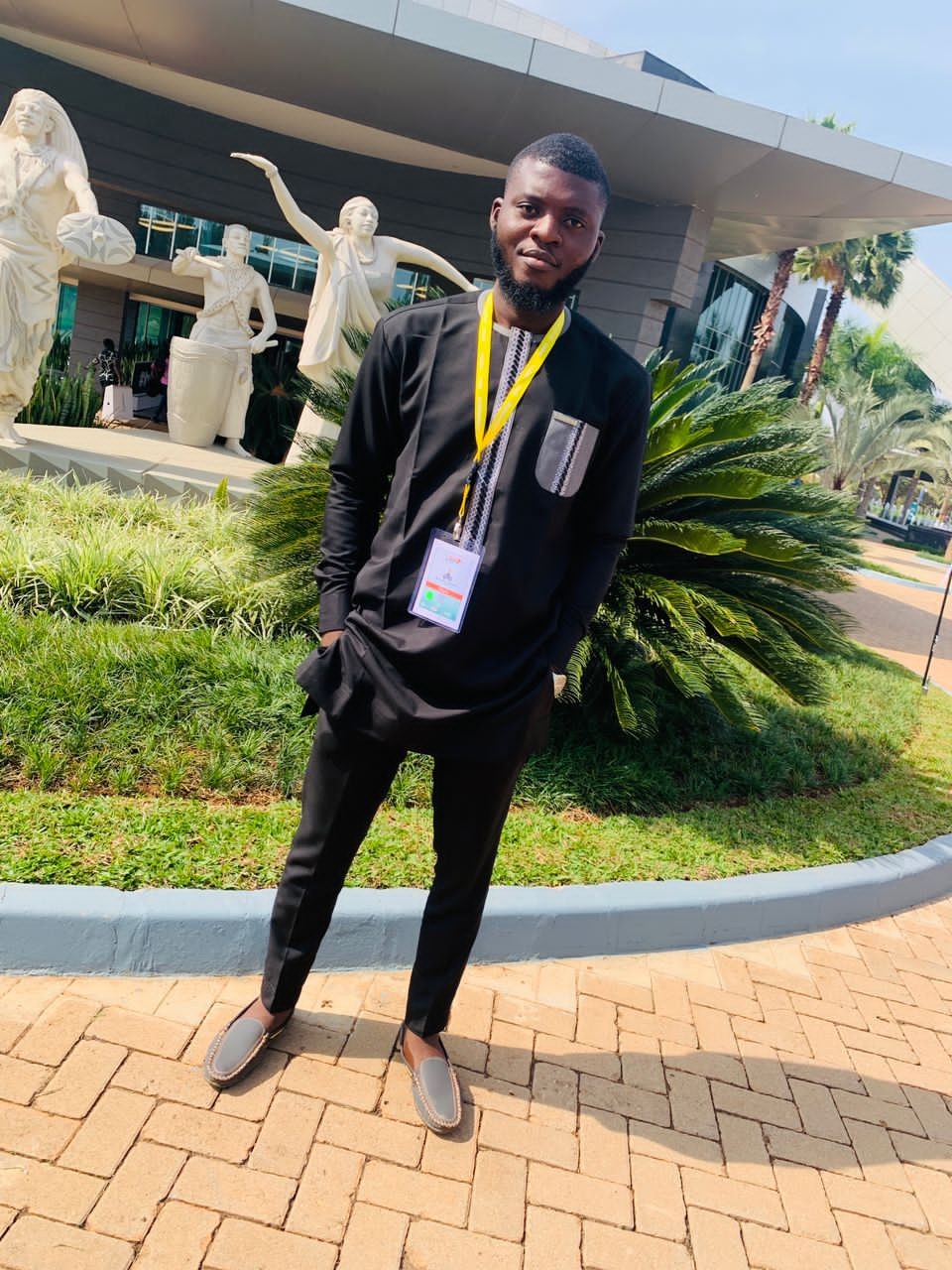
On the final day of the summit, I joined the session organised by the African Union: Training on Mobilisation, Conversation, Advocacy and Partnership (MOCAAP). This session was focused on building youth capacity on advocacy as BINGWA activators. BINGWA is an initiative by the African Union to respond to the need of increasing the number of COVID-19 vaccinations in Africa. BINGWA is a Kiswahili word meaning, “champion”. The initiative seeks to create a network of youth health champions, to achieve a target of 70% Africans vaccinated against COVID-19 by 2023. It was an interesting session for me because the training was a refresher on the advocacy and accountability in action training conducted by Youth Opportunity and Transformation in Africa (YOTA), for members of the Africa Youth Partnership to Advocate for an Equitable Recovery from the COVID-19 Pandemic. The BINGWA initiative is also synonymous to the work of the Nigerian Youth Task Team to address vaccine hesitancy as a means to boost vaccine confidence among citizens of Nigeria, in order to facilitate increased uptake of the COVID-19 vaccine.
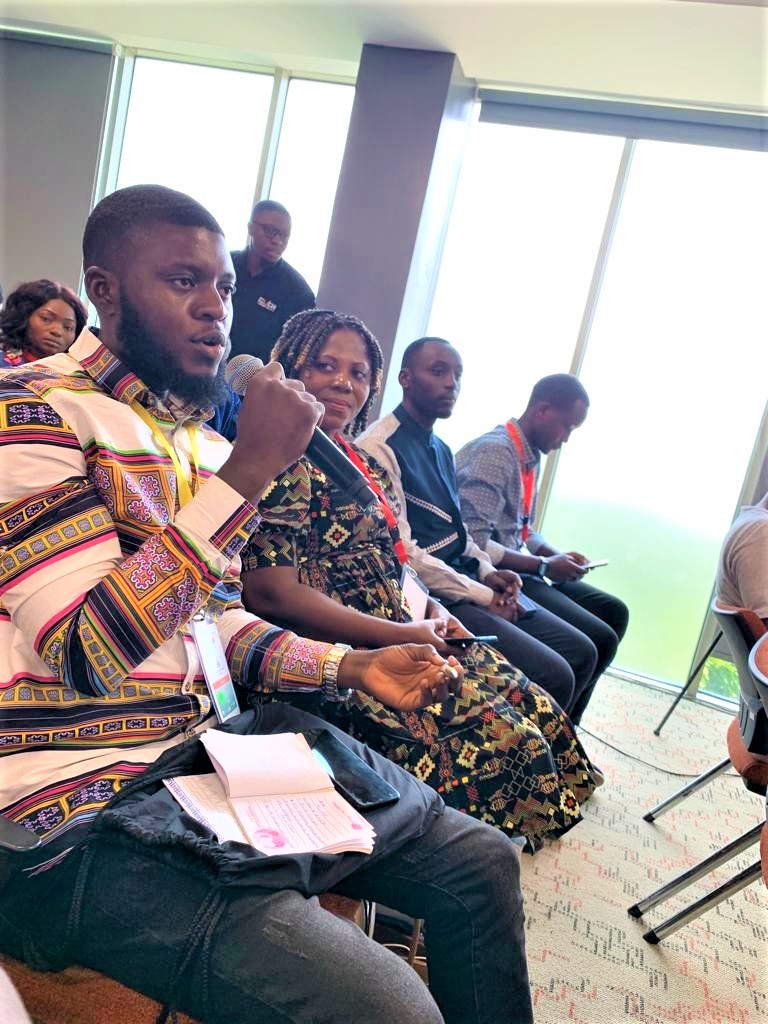
The closing ceremony of the summit commenced swiftly after the last session. Participants of the summit were given a city tour after the last session. The YouthConnekt Africa Summit has indeed become the powerhouse of young people to contribute solutions to the African continent.
